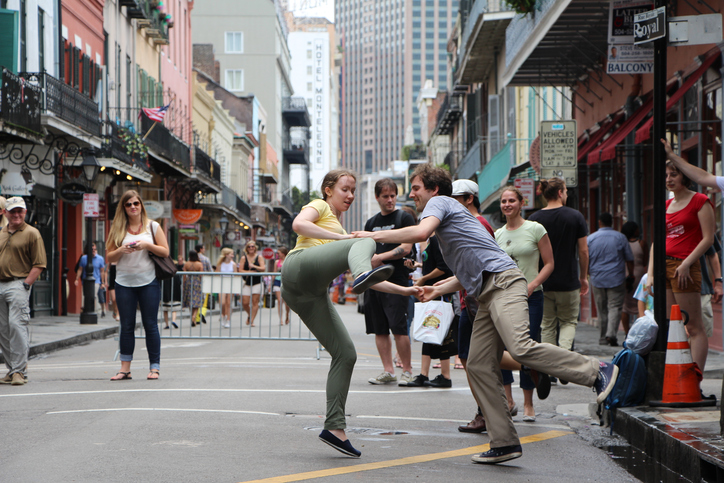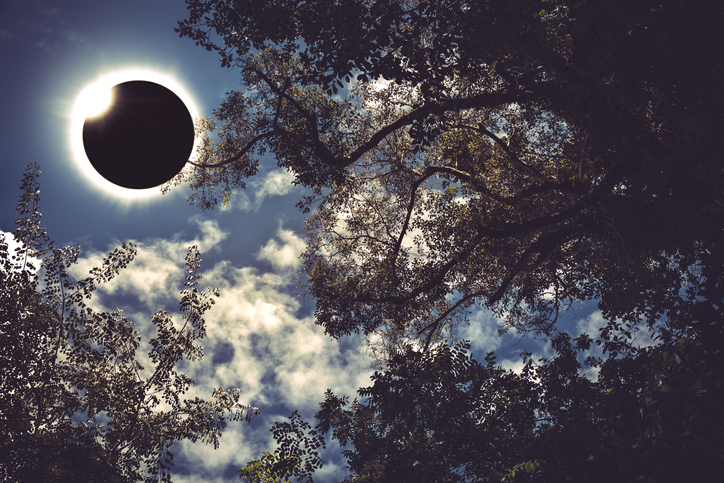jive
(verb, adjective, noun)
/dʒaɪv/
 LISTEN
LISTEN


Doing the jive
We think you might know that jive is the name of a kind of dance and music related to swing and jazz. The verb to jive means ‘to dance or play’ this kind of music. However, mainly in US English, jive is a somewhat outdated slang word that means ‘to tease or fool’ or ‘to exaggerate.’ As an adjective, jive refers to something that is meant to deceive or tease and, as a noun, jive is deceptive or exaggerated talk.
Example sentences
- Harry listens to a lot of jive.
- There were a lot of people jiving on the dance floor.
- Lara was pretty certain Charlie was jiving her and she demanded a straight answer.
- I've had enough of your jive talk; just tell me what I want to know.
- Pete asked for the facts without any jive.
In pop culture
Of course, jive is a music genre in its own right, but jive also makes it into the title of the Beegees’ 1975 disco hit “Jive Talkin,” where it refers to the slang sense of jive. You can listen to the song and read the lyrics here:
Did you know?
Jive, as a type of music and dance, originated in the US in the 1930s. If you would like to learn how to dance a jive, you can pick up some tips here:
Other forms
jiver (noun)
Origin
Jive, meaning ‘a style of fast jazz music’ as well as ’empty, misleading talk,’ dates back to the early 1920s. The verb, meaning ‘to deceive playfully,’ appeared at the same time. It was American slang, but the origin is uncertain. Some linguists think it may come from an African root, and compare it to the Wolof jev or jeu ‘to talk about someone absent, especially in a disparaging manner.’ Others think it is an alteration of gibe (to speak sneeringly), which dates back to the mid-16th century in English, and may come from the Middle French giber (to handle roughly), or may be an alteration of gaber (to mock).
Word of the Day is released Monday through Friday.



